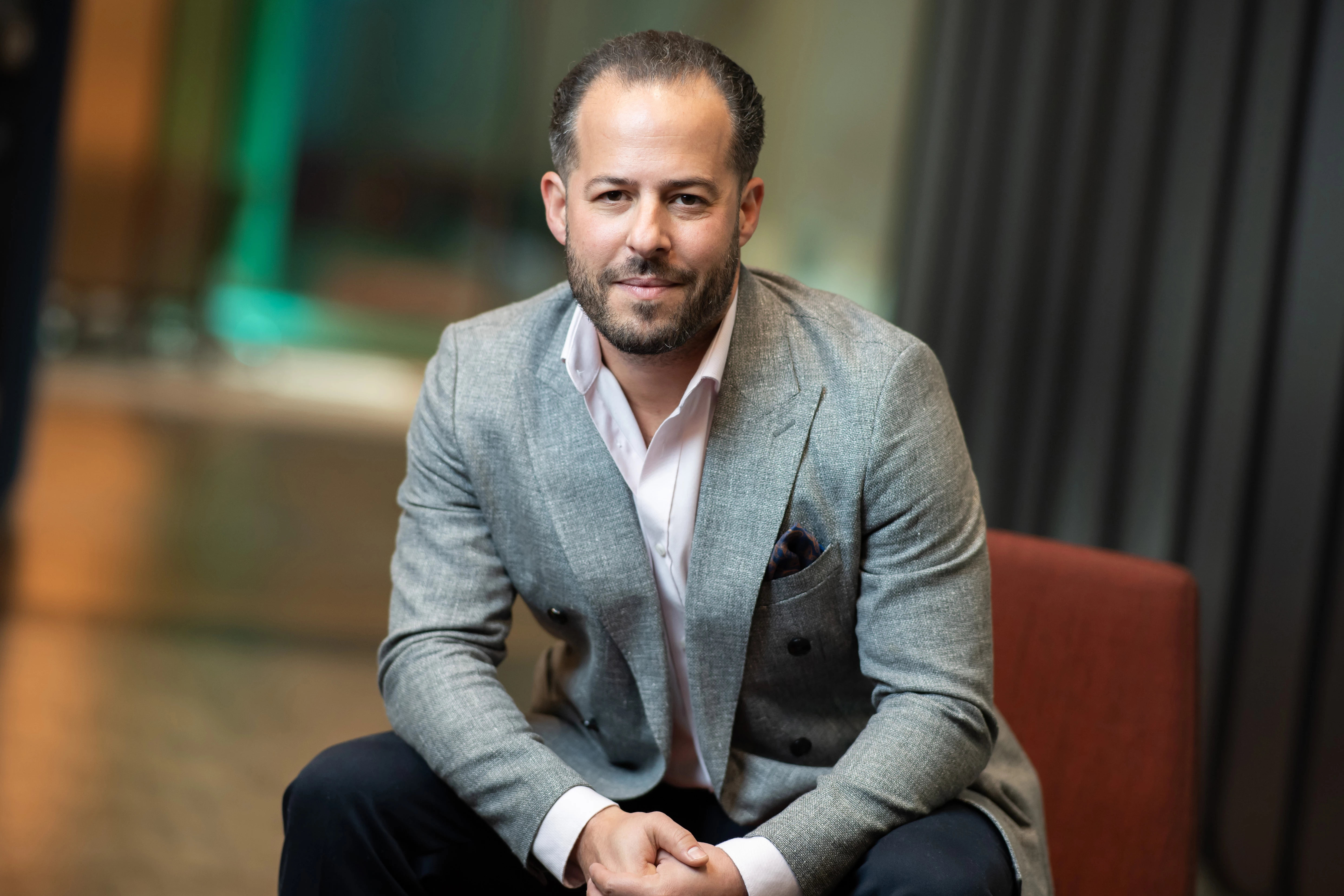
Partner Article
Social care faces succession challenge in next 10 years
Social care could face a succession challenge in the next 10 years, if young talent is not encouraged into and promoted within the industry.
Research of social care businesses based across England and Wales shows that nearly three quarters (68%) of ‘people with significant control’ (PSC) are over the age of 50, with 40% over the age of 60 and the oldest person aged 78.
The data – compiled by Tristone Healthcare, as part of its white paper ‘Succession: the age-old question’ – has revealed that the average age of a PSC is 54, with 68% of owners being male.
Yannis Loucopoulos, CEO of Tristone Healthcare, said: “For some time, social care has faced a much-publicised skills problem and struggled to attract the best young talent into the industry. With a significant number of social care businesses – in both adult and children’s services – being led by people over the age of 50, and nearly half of businesses having a majority ownership structure, it’s clear there is a heavy reliance on a small number of people within each business who may be reaching, or at least thinking about retirement.”
He continued: “Traditionally driven by committed and longstanding individuals, who have great passion for supporting and transforming the lives of vulnerable and looked-after adults and children, it’s essential that directors protect the culture and ethos that defines their business, by empowering people at all levels to become future leaders and carefully consider succession in a timely way.”
The research of Companies House data shows that the average age of a social care business is 13, with 66% incorporated more than 10 years ago and nearly a quarter (23%) run by families.
According to the figures, 28% of businesses have changed the structure of their business to a limited holding company, with more than half of those companies (53%) set up in 2016 to coincide with the introduction of the Small Business Enterprise and Employment Act 2015, which is aimed at increasing transparency around who controls a business.
Loucopoulos said: “The introduction of new UK company law clearly triggered a response from a certain number of social care businesses, which has naturally led to diversification in their ownership model and a move away from a reliance on one person. However, it’s essential for all established businesses to proactively address ownership and consider the options available to them before they become limited.”
He added: “A management buy-out (MBO) is an excellent option for succession planning, but one that is less common in a social care context. The inexperience of senior management in a small business when it comes to running a deal process, negotiating financing, having M&A experience and ultimately being able to execute a successful MBO, makes the move from employee to owner/board member a difficult one to achieve. This is often compounded by the significant contrast in roles post-MBO, such as strategic, fiduciary, operational and directorial responsibilities.
“Of course, the alternative option is a new buyer, but this is also fraught with risk – they may have different values and objectives, such as wanting to squeeze margins and cut jobs, and may lack the required care experience. This is not only a potential continuity risk, but also a safeguarding risk.
“Another alternative is to engage with an experienced buyer, who understands the nuances of the care sector, respects the cultural integrity and values of a business, while committing to protecting the professional legacy of its owners. These buyers are few and far between, but they do exist.
“Selling a care business can be a complex, lengthy and emotive process that needs to be carefully thought through to ensure businesses attract the best suitor and extract the greatest value from the company.”
This was posted in Bdaily's Members' News section by Ian Jones .






 B Corp is a commitment, not a one-time win
B Corp is a commitment, not a one-time win
 Government must get in gear on vehicle transition
Government must get in gear on vehicle transition
 A legacy in stone and spirit
A legacy in stone and spirit
 Shaping the future: Your guide to planning reforms
Shaping the future: Your guide to planning reforms
 The future direction of expert witness services
The future direction of expert witness services
 Getting people into gear for a workplace return
Getting people into gear for a workplace return
 What to expect in the Spring Statement
What to expect in the Spring Statement
 Sunderland leading way in UK office supply market
Sunderland leading way in UK office supply market
 Key construction developments in 2025
Key construction developments in 2025
 Mediation must be part of planning process
Mediation must be part of planning process
 From apprentice to chief financial officer
From apprentice to chief financial officer
 Don't stifle growth with apprenticeship cuts
Don't stifle growth with apprenticeship cuts